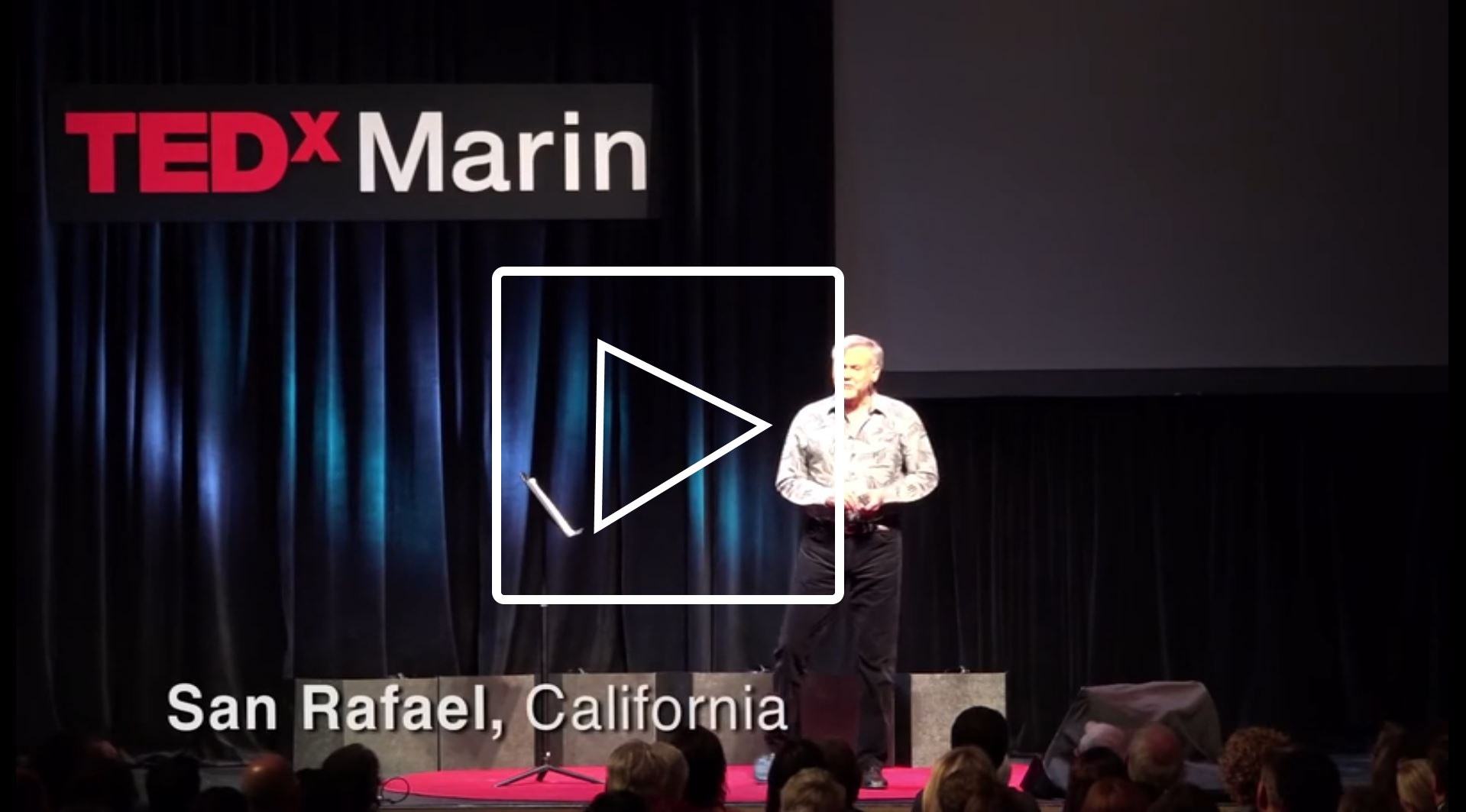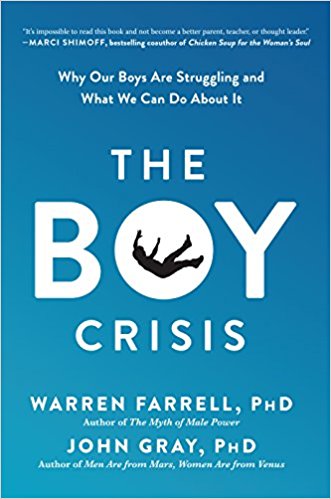Consider the mysteries of the teen mind
Many factors involved when a teens crosses from activism into unlawfulness
The Toronto Star, ANDREA GORDON, FAMILY ISSUES REPORTER, June 12, 2006.
Joseph Conrad called it "the glow in the heart that with every year grows dim." A century later, it's still hard to beat that description of the passion, energy and idealism of youth.
But how do those positive forces turn into destructive ones? What is it that makes a teenager cross the line from activism into unlawfulness?
The answer, according to experts in the dynamics of adolescence, is a complex mix of personality, circumstances, family relationships, peers and physiology.
"It's very murky, and too complicated to make sweeping statements about because there are so many factors at play," says Toronto psychologist and brain scientist Dr. Ron Clavier.
Adolescence has always been synonymous with fighting for causes and the need to belong. It's part of what makes young men warriors, whether during the medieval Crusades or World War I. And why youth have been swept up in movements from civil rights to Trudeaumania to environmental activism.
Of the 17 people in the Toronto area arrested earlier this month and charged with terrorist-related
offences, five were teenagers. Shocking at first perhaps, but not that surprising once you consider the mysteries of the teenage mind.
Brain development, while only part of the picture, is a place to start. Scientists used to think that by the time the body was all grown up, the brain was too. But now, thanks to technologies such as magnetic resonance imaging, they know that long after an adolescent has stopped putting on inches, their brain is continuing to develop. The pre-frontal cortex responsible for executive functions such as judgment, impulse control and decision-making based on assessing consequences isn't fully formed until the early or mid-20s.
And until it is, "they don't really have a full understanding of the impact of their actions on society or on themselves," says Clavier, author of the 2005 book Teen Brain, Teen Mind.
Meanwhile the amygdala the more primitive part of the brain that is the source of emotions, takes over. Hence, those over-the-top emotional reactions that parents often compare to the "terrible twos." And a tendency to see things as black and white.
In her 2003 book Primal Teen, Barbara Strauch says it's a common adult belief that teens consider themselves immortal and therefore go around blithely putting themselves in harm's way. But it's not that simple.
"Teenagers sometimes don't recognize different options, and can often be forced into making poor decisions in situations that are both emotional and stressful," she explains. "But contrary to how it often appears, teenagers do think, using whatever skills and knowledge they possess at the time."
Science is only one of many factors that affect judgment and behaviour, says Glenn DiPasquale, a Newmarket psychologist who has worked with youth for 30 years.
Early adolescence, generally described as age 13 to 15 but which can start as early as 11 and last until 17, is the stage where kids clue in that their parents' way isn't the only way.
They start to separate and create their own identity.
Often rejecting or embracing religion is part of that.
During those years of breaking away from parents yet yearning to fit in, teens can be ripe for the picking for a charismatic leader who comes along spewing interesting ideas and instilling them with a sense of collective power.
And particularly if they feel adrift, isolated or disenfranchised from their family, friends, teachers or society at large.
"People who recruit young people for nefarious purposes understand this intuitively," says DiPasquale. "We all need to be part of something bigger."
So at a time when kids appear to be pushing their parents away at every turn, what they need most is in fact the opposite parental support, acceptance and affection.
Marian Boer, chief psychologist with the York Region District School Board, says research shows that teens who have a strong relationship with their parents and are involved with their families are less vulnerable to being caught up in radical behaviour.
"If they've seen good problem-solving strategies and been encouraged to think `what will happen if I do this' or "what will happen if I do that instead' then they learn to think things through."
Equally important, she says, is not to shut down a child who brings up controversial topics, wants to explore extreme ideas or is rebelling against the family's values.
She says the best approach for parents, teachers or anyone else involved with teens is to keep talking and reasoning, even if you strongly disagree with their ideas and beliefs.






